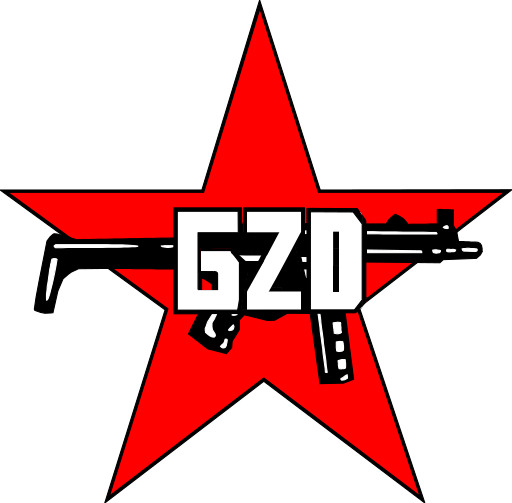Spicy question maybe, but I’m interested in your takes.
Personally, I think there’s some major issues with at least the terminology of the 2 phase model of lower/higher stage communism or socialism/communism as the terms are used in classical theory. Specifically the ‘lower stage’ or ‘socialism’ term is problematic.
In the age of revision and after the success of counterrevolution it has become clear that there is in fact a transitional phase leading up to the classical transitional phase. Societies did not jump from developed capitalism to socialism immediately and even the states that arguably did were forced to roll back some of the core tenets of ‘socialism’ as it is described in Marx, Engels and Lenin. Namely no private ownership of the means of production and no exploitation of man by man.
To ultras this just means countries following this path aren’t socialist. So then China isn’t, Cuba isn’t, no country still is really and those of us claiming they are then have to be revisionists. And to be fair, if you’re dogmatic you can make that point going from the source material. China itself recognizes this inconsistency, thus not seeing itself at the stage of socialism. Yet it’s a socialist state. But then what do we actually mean by ‘socialism’ when we use the term like this? Just a dictatorship of the proletariat? Any country in the process of building socialism?
That question comes up all the time and confuses the fuck out of people, because the term is either not applied consistently or as it’s defined is lacking. I think discourse in the communist movement and about AES would profit immensely if we had a more consistent definition or usage of the term or a better defined concept of what that transition to socialism is and how we should call it.

One example, the newly passed Families code in Cuba!
Again, I’m not saying Marxism-Leninism is incompatible with this. I’m saying MLism doesn’t seem to provide us with the tools required to analyze and formulate dialectical concepts that demonstrate the reality of the situation that Decolonial and intersectional research and analysis have uncovered.
Perhaps I misunderstood your point…I was a bit high. Nonetheless, I’d say that it’s not supposed to come with universal frameworks. The experience of these countries is theory in real time.
Might not necessarily answer your request, but a bit of a different way of thinking about it.